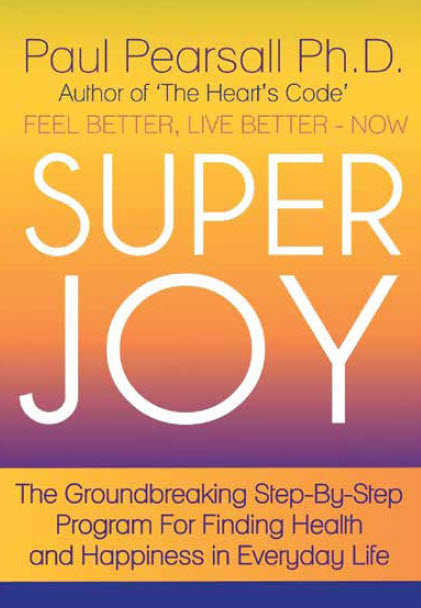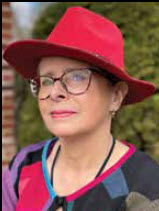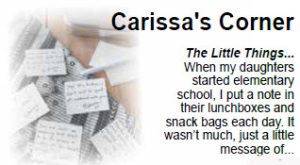I will tell you at the outset of this Point that I will categorically say that in my view, this pioneering work on joy’s effect on the brain written by Dr. Paul Pearsall is a help, a big one. I read Super Joy not long after it came out in 1988. I was at a low point in my life — broken-hearted and trying as a single mom to keep it all together. I will be forever grateful to another single mom who told me about it, and I am currently having “the joy of rediscovering The Joy” all over again.
There is so much more understanding on neuroplasticity now then there was back then, and lest you are put off by a big word that may sound too hoity-toity, the word simply means that the brain is able to be changed, effectively re-wired, and on this side, we will probably never get to the bottom of just how “fearfully and wonderfully made” our brains really are.
For me, the litmus test of Super Joy and its efficacy is now an endangered species. By that I mean people who survived the Holocaust. There are precious few of these folks left, and of those precious few, the ones who are world changers are the ones who not only survived, but went on to do what we call in our tribe, “sur-thrive.” What does that mean? That somehow by grace they found a way to live out the tough truth that it is not what happens to us that has the power, it is what we do with it. While trauma of all kinds needs to be acknowledged, mercifully treated and respected, there is a singular category of folk that endured the unimaginable. They lived as prisoners at actual factories whose sole purpose was to efficiently kill millions. They watched it; they heard it; they smelled it; and they lived to tell the tale.
What got Dr. Pearsall so curious, spurred him to do research, and led him to write the book was a woman who came to him for counseling who still had “the tattoo” on her arm. She wasn’t coming to him because she was depressed, she was needing his help because her depressed, negative, self-piteous, and complaining family thought she was crazy for not being depressed about what she went through. Mind you, it is not that this woman never cried, or didn’t still have nightmares from the memories. It was that she had been able to “re-frame and grow a new brain” to the point that she could bless the experience because of how precious life with all its warts had become to her. Martin Luther King quoted Friedrich Nietzsche by saying, “What doesn’t kill me [you] makes me [you] stronger,” and these guys were right.
Turns out, we have an internal pharmacy that actually produces highly addictive chemicals, and joy is one of them. As believers we are told that “the joy of the Lord is my strength,” but we have to access it, and Super Joy helps to do just that.









